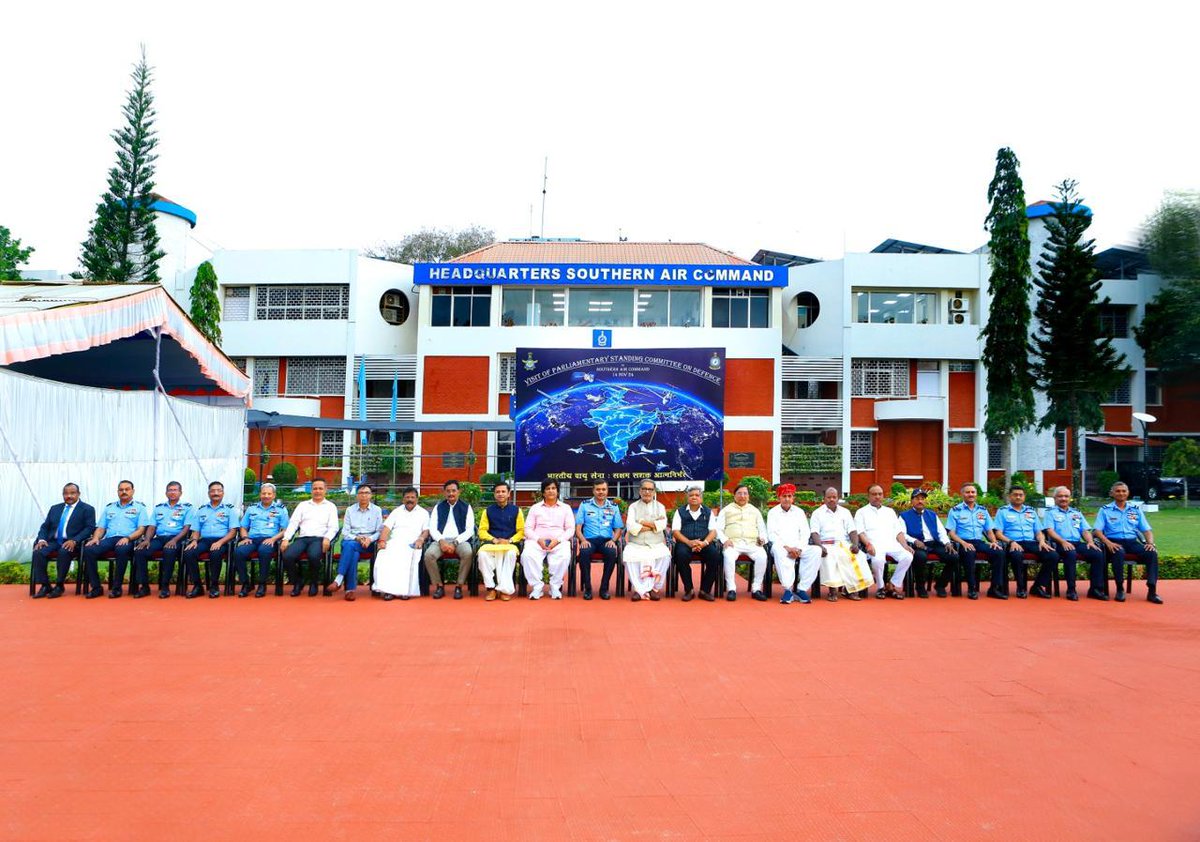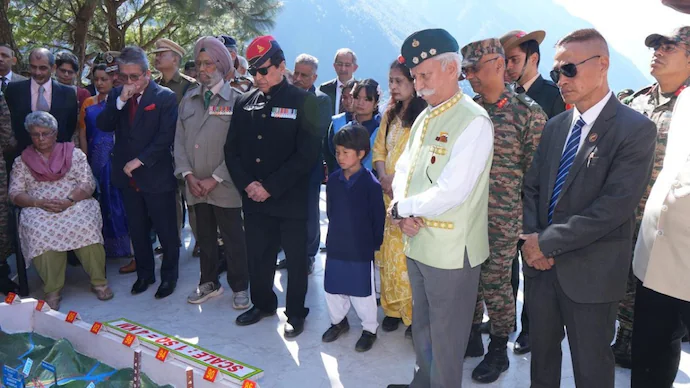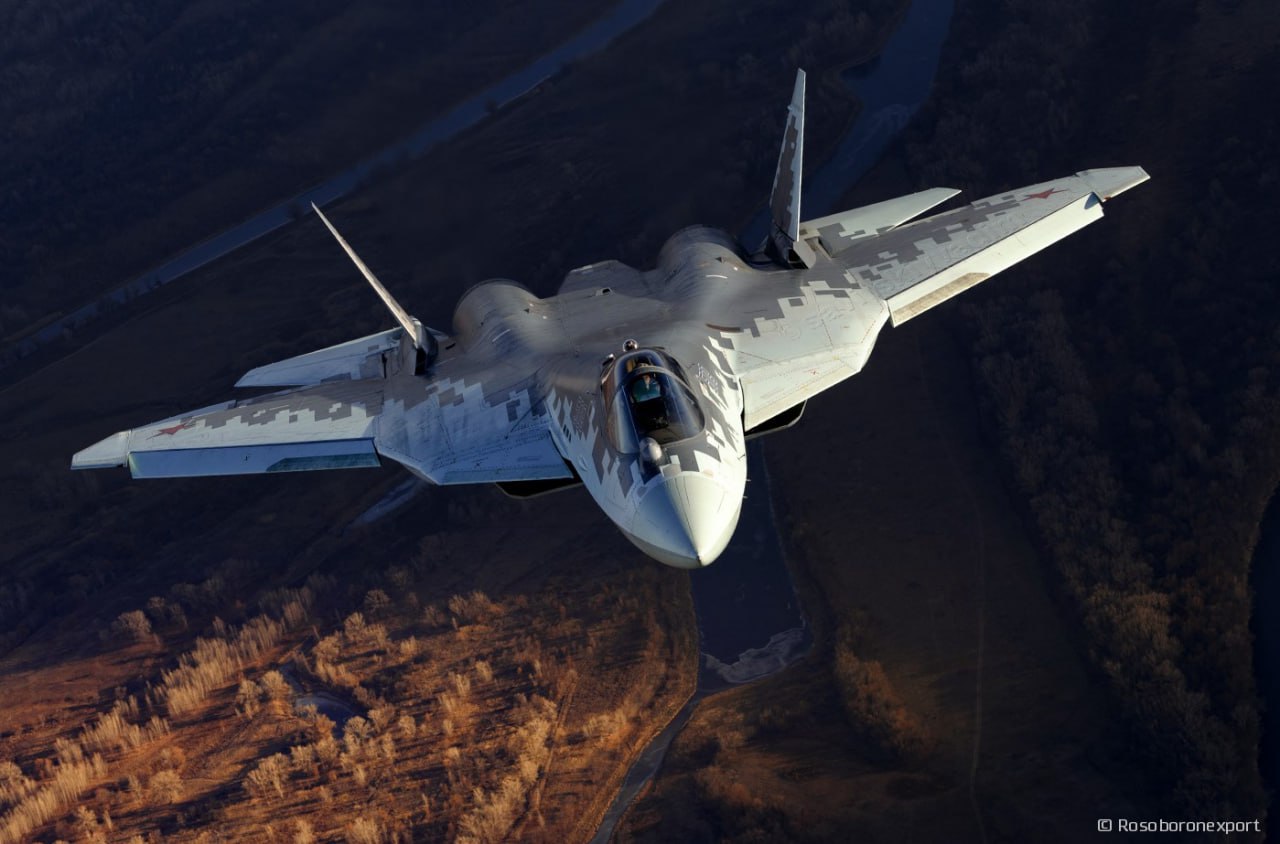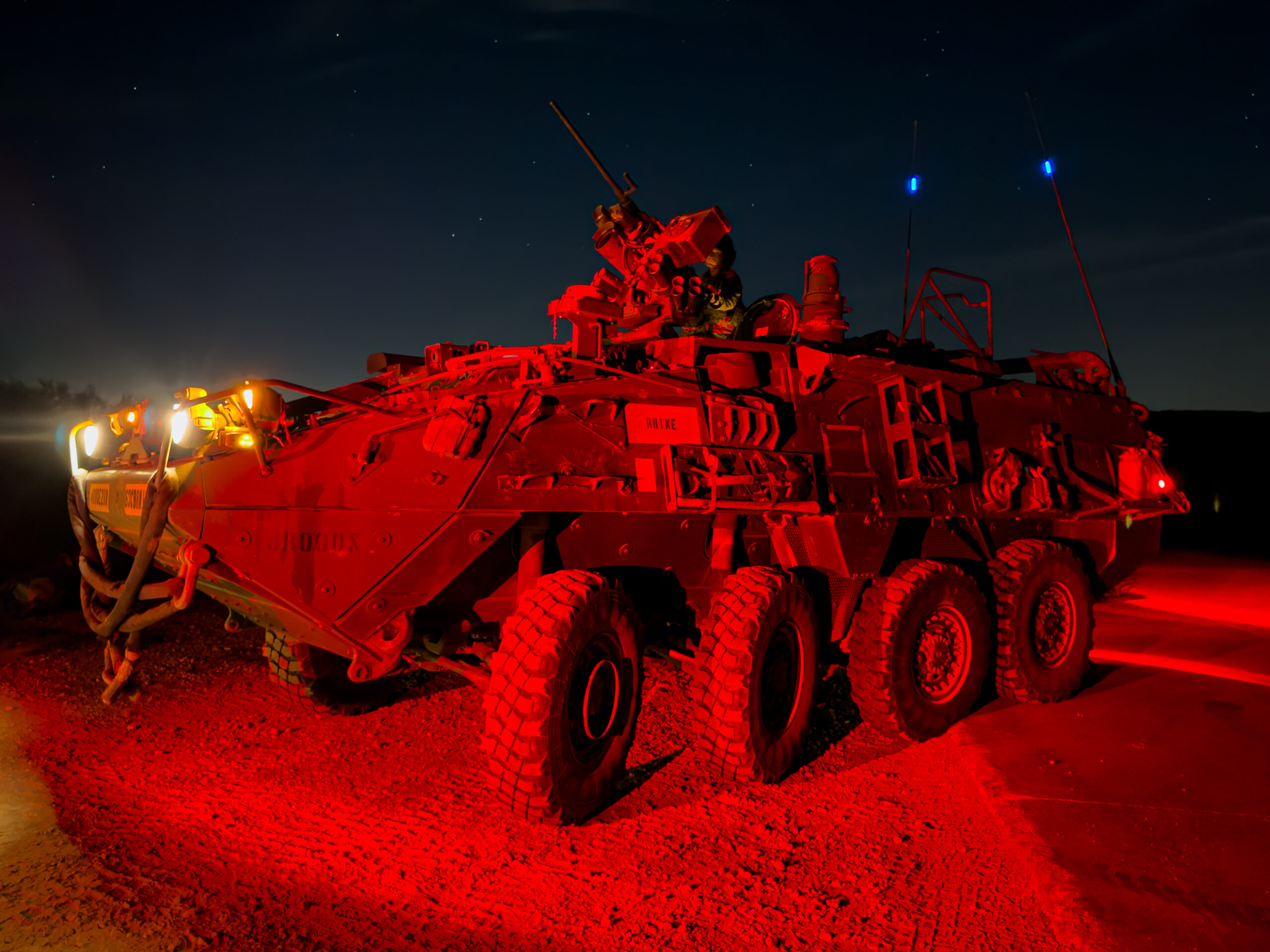Anduril and General Atomics Complete Critical Design Review for Drone Wingmen Concepts
Anduril and General Atomics have achieved a significant milestone in the development of their drone wingmen concepts by completing the…
Indian Navy to Equip All Aerial Assets with Indigenous Software Defined Radio
In a significant advancement for India's naval capabilities, the Indian Navy has initiated the installation of an indigenously-developed software defined…
Parliamentary Defence Committee Visits Southern Air Command, Briefed on IAF’s Role and Transformation
The Parliamentary Standing Committee on Defence conducted a visit to the Southern Air Command (SAC) to gain insights into its…
Arunachal Pradesh Governor Pays Tribute to Soldiers of 1962 Sino-India War During Walong Day Celebrations
Arunachal Pradesh Governor Lt Gen (Retd) K T Parnaik paid heartfelt tributes to the brave soldiers of the Indian armed…
Russia Reveals First Export Contracts for Sukhoi Su-57 Supersonic Aircraft in China
In a significant development in the arms trade, Russia's state-run arms export company, Rosoboronexport, has announced its first export contracts…
Teledyne FLIR Defense Secures $168.3 Million Contract for Advanced CBRN Sensors for US Army NBCRVs
Teledyne FLIR Defense has secured a significant framework agreement valued at $168.3 million to initiate low-rate initial production of advanced…






